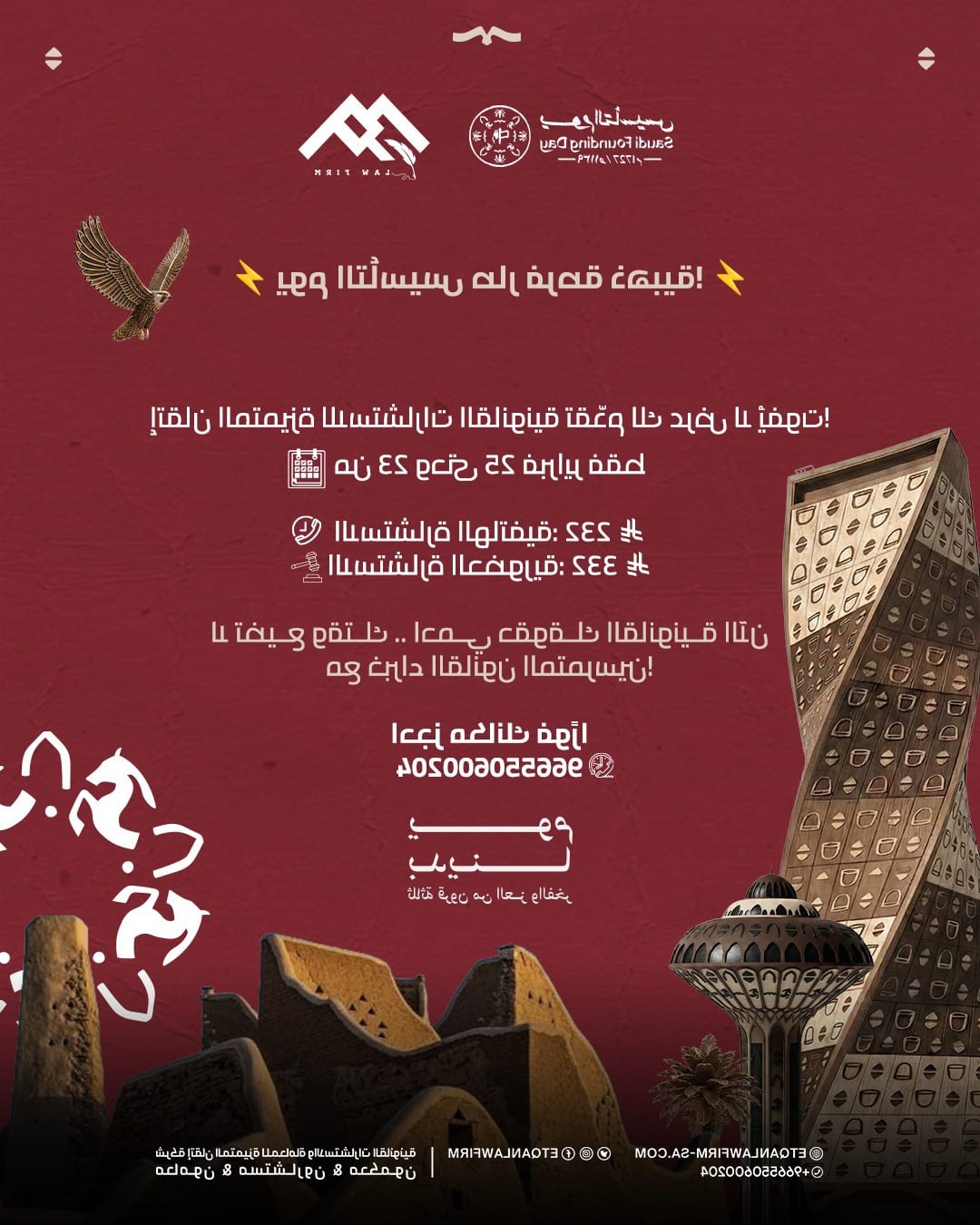
Article 74 Saudi Labor Law is an important rule that explains when a work contract can legally end. It lists specific reasons, such as the contract reaching its end date or other special situations mentioned in the law. The goal of this article is to protect both employees and employers, helping to create a stable job market and improve work conditions.
In this guide, we will analyze Article (74), showing how it helps protect rights and ensures that all workplace rules are followed in Saudi Arabia.
المحتويات
What is Article 74 Saudi Labor Law?
Article 74 Saudi Labor Law explains the rules for ending a work contract. It defines the rights and duties of both employees and employers in these situations. The article ensures fairness by setting clear conditions for ending a contract, such as mutual agreement, as long as the employee provides written consent.
When a contract ends, the employer must give the employee an end-of-service payment as required by law, ensuring they are entitled compensated for their work period. The employer must also provide a service certificate that records the employee’s time at the company, which can be useful for future job opportunities.
This article is a key part of labor regulations, helping to organize work relationships, protect workers’ rights, and improve job security, which supports economic growth in the country.
Read also: Discover The Types of Business Licenses in Saudi Arabia
Cases of Employment Contract Termination Under Saudi Labor Law Article 74
Saudi labor law article 74 outlines the conditions under which employment contracts may be legally terminated, ensuring the rights of both employees and employers while promoting a stable work environment. These cases include:

- Mutual agreement between both parties, with written consent from the employee.
- Expiration of the contract term, unless it is renewed under legal provisions.
- Termination at the will of either party in indefinite-term contracts, in accordance with article 74 of saudi labor law.
- Employee reaching the retirement age, unless both parties agree to extend employment.
- The occurrence of force majeure prevents the continuation of the employment relationship.
- The permanent closure of the establishment, resulting in the termination of all employment contracts.
- The discontinuation of the activity in which the employee was engaged, unless agreed otherwise.
- Any other cases specified by the law or relevant regulations.
Clearly defining these termination cases in saudi labor law article 74 helps enhance transparency and fairness in the labor market, fostering a stable work environment and supporting economic development in the Kingdom.
Check out: Sick Leave Saudi Labor Law: Know Your Esential Rights
How to Handle Employment Contract Termination Under Article 74 of the Saudi Labor Law
Article 74 of the Saudi Labor Law outlines the procedures for handling the termination of employment contracts and the regulations regarding non-renewal. According to this article, the employer or employee must notify the other party of their intention not to renew the contract within a specified period before its expiration. This period typically ranges between 30 to 60 days, as stipulated in the contract.
Therefore, it is important to understand the correct way to use the Non-Renewal of Employment Contract Notice to ensure the rights of both the employee and the employer.
Below, we outline how to effectively utilize this notice through the following points:
- Include Essential Information: The notice should contain key details such as the employee’s name, ID number, contract expiration date, and the notice issuance date to ensure proper documentation.
- State the Reason for Non-Renewal:The notice may include the reason for non-renewal, whether it is related to the employee’s performance, workplace conditions, or changes in the company’s organizational structure.
- Official Signing and Delivery: The employer should sign the notice and deliver it to the employee in person, preferably obtaining the employee’s signature as proof of receipt.
- Keep a Copy for Documentation: Both the employer and employee should retain a copy of the notice to avoid any potential disputes regarding the non-renewal decision.

By following these steps, employment contracts can be terminated professionally and transparently, ensuring a balanced and clear working relationship while minimizing the risk of future legal disputes.
Learn about: Saudi Labor Law Article 81: The Employee Rights
In conclusion, consulting Etqan Law Firm is a smart and proactive step to resolve any legal issue you may face, especially in matters related to work and contracts, such as those governed by Article 74 of the Saudi Labor Law. By visiting their website, booking an initial consultation, preparing the required documents, and asking the right questions, you can receive specialized legal support that ensures your rights are protected, particularly in cases involving contract termination or non-renewal.
FAQ
What is Article 74 of the Qiwa?
Article 74 Saudi Labor Law defines the circumstances under which an employment contract can be legally terminated. These include:
Mutual agreement between the employer and employee, with written consent from the employee.
Expiration of the contract if it is for a fixed term and not renewed.
Termination by one party in indefinite-term contracts, as per Article 75 of the labor law.
Reaching retirement age, unless both parties agree to continue employment.
unpredictable circumstances that justify ending the contract.
Permanent closure of the business by the employer.
Discontinuation of the employee’s position, unless otherwise agreed.
What is article 74 of the Saudi labour law?
Article 74 Saudi Labor Law governs the termination of employment contracts, defining the rights and responsibilities of both employers and employees in such situations. It seeks to maintain fairness by establishing clear conditions for contract termination, including mutual agreement, provided that the employee gives written consent.
The Etqan Al Mutamayza Law Firm can provide the necessary support. You can contact their team
through the following mobile numbers: 056113776, 0541110440, 504315333
Alternatively, you can visit our branches:
– Jeddah: Al-Aziziyah District–Mohammed bin Abdulaziz Street (Tahlia)
– Riyadh: King Abdulaziz Street – In front of Kingdom
– Dammam: Al-Ashri’a Street, Al-Badeea, Dammam 32415.

